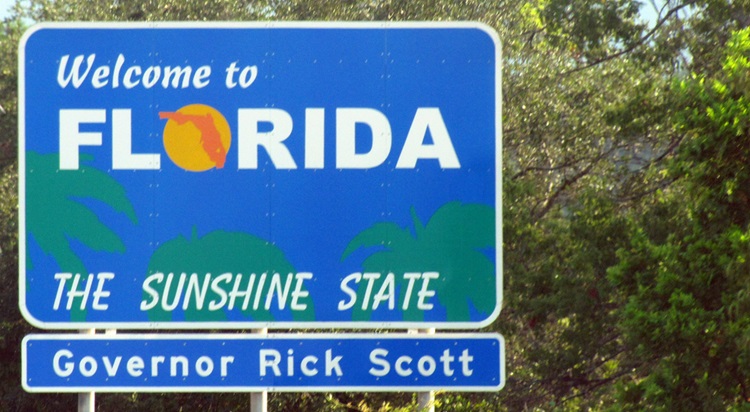In a move that reportedly took many state legislators by surprise, the Seminole Tribe of Florida has this week signed its latest agreement with Governor Rick Scott regarding the band’s right to offer “banked” cards games such as blackjack on an exclusive basis.
According to a report from the Associated Press news service, the most recent deal was submitted to a federal judge yesterday and would see the state agree to cease its appeal of an earlier court decision in favor of the Seminole Tribe of Florida and take “aggressive enforcement action” against parimutuel venues operating “banked” card games in violation of Florida laws.
The news service reported that the arrangement, which would see the federally-recognized tribe keep “banked” card games until 2030, could also result in the state gaining immediate access to around $220 million the Seminole Tribe of Florida has been holding in escrow following the expiration of a portion of its previous gaming compact in 2015.
The Seminole Tribe of Florida inked a 20-year gaming compact in 2010 that gave it the exclusive rights to operate slots outside of Miami-Dade County and Broward County while additionally granting five years of exclusivity regarding “banked” card games, which see casino players compete against the house unlike in “player-banked” competitions such as poker. The tribe attempted to negotiate a new agreement after the five-year section of this deal expired but was twice rebuffed by legislators in Tallahassee despite having previously come to an arrangement with Republican Scott. It subsequently filed a lawsuit alleging that the state had failed to negotiate a new accord in “good faith” and as a result it should be permitted to carry on as usual for the entire length of its covenant.
A federal judge sided with the Seminole Tribe of Florida in the autumn while the tribe continued to put aside funds for the state and offer “banked” card games at its casinos, which include the Seminole Hard Rock Hotel and Casino Hollywood and the Seminole Hard Rock Hotel and Casino Tampa.
“There’s no loser to this,” Barry Richard, an attorney that represents the Seminole Tribe of Florida, told the Associated Press. “It gives the tribe finality and the security of knowing the games will continue. The state will continue to get a few hundred million.”
The news service reported that the recently-inked agreement still needs the approval of both houses of the Florida legislature while it could moreover face legal challenges from operators of parimutuel venues. As for the former prerequisite, the Associated Press explained that Scott’s compromise may come under fire from lawmakers concerned that its passage would make it harder to negotiate with the tribe regarding the future of gambling in “The Sunshine State”.
“At first blush, I’m not sure that the stipulated settlement agreement does anything more than make it more difficult for us going forward to negotiate gaming with the Seminole Tribe [of Florida],” Florida State Senator Bill Galvano told the Associated Press. “It’s almost as if we’re guaranteeing for the tribe that the status quo will continue for the balance of the compact.”
Compatriot Jose Felix Diaz admitted to the Associated Press that he had been unaware that any agreement had been reached before being contacted by the news service on Wednesday and later declared that, “to the best of my knowledge”, no legislators had been “consulted on this specific agreement”.
“At all times during the past three years, the Florida House of Representatives and Florida State Senate have worked in concert with the governor’s office to come up with a plan that made sense for the state,” Diaz told the Associated Press. “I am still reviewing the details of the settlement.”



